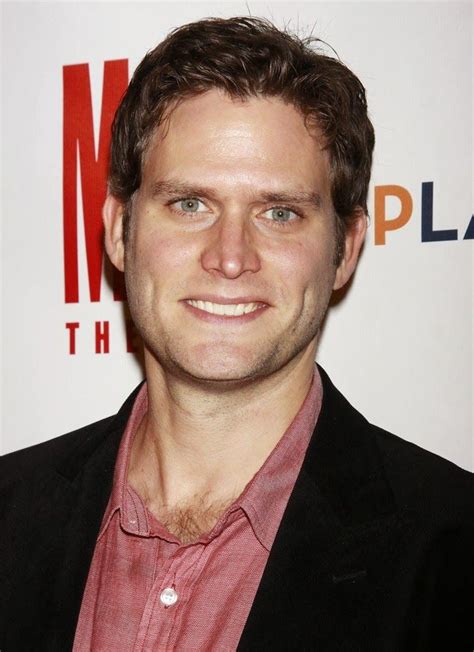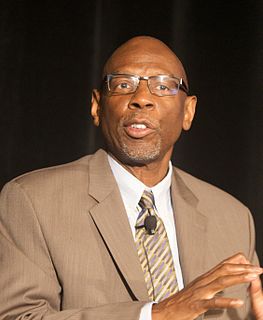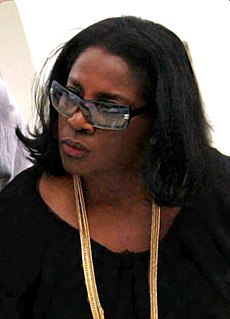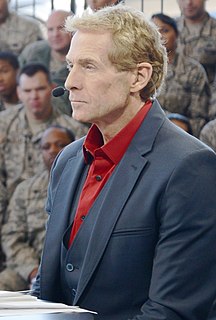A Quote by Chirlane McCray
I went to Wellesley College, and it was really hard for me to get a job after I graduated. I would go into places where I would not see any black people at all in Boston - like, zero. And then in publishing in New York City, it was pretty much the same. I knew that it wasn't about the value of my work.
Related Quotes
I took part in a theatre festival in Massachusetts two summers after I graduated from college. Then I was in Los Angeles thinking: "I'm going to go to New York." I'd decided that I would not have a chance of a film career, so I was about to make the move. I bought a plane ticket and found a place to live in New York, packed my bags and of course the universe "told me" that I was not meant to go. Suddenly, a week before I was supposed to leave, I had three job offers and one of them was my first movie.
I didn't realize what a love affair I would have with big city life until I got to New York City. In a place like New York, granted it's utterly unique, you can get and have and do anything you want at any time of any day. It's bursting with culture and the cream of the crop in all walks of life. That sort of energy really excites me.
My experiences growing up - my father lived in New York, so I was going out there in the summers and meeting really interesting people and people having what seemed to me to be extraordinary experiences and really taking advantage of these wonderful opportunities. And so I will go - I would go to the big city and watch these people performing onstage and doing television and films. And then I would go back to Hayward, and it just suddenly felt that much smaller and sort of limiting because I had this hyper awareness of how much larger the world was.
So I went to New York City to be born again. It was and remains easy for most Americans to go somewhere else and start anew. I wasn't like my parents. I didn't have any supposedly sacred piece of land or shoals of friends to leave behind. Nowhere has the number zero been of more philisophical value than in the United States.... and when the [train] plunged into a tunnel under New York City, with it's lining of pipes and wires, I was out of the womb and into the birth canal.
Having my Canadian citizenship is a blessing at this time, and there's a part of me that feels very much one foot in and one foot out, and I know I can go back to Canada whenever. There are a lot of things that Canada does really well are the same things that are very messed up in the U.S., but I know that's a pretty self-centered stance. I don't know. It can be pretty discouraging, particularly in a city like New York. It's hard to see so many of the issues happening in the country in an up close way, but at the same time, there's a sense of positive solidarity here.
I love my city and I feel like the majority of the people that are in the city are people from other cities. So I think that L.A. sometimes might get a bad rap because it's known to be so Hollywood-oriented and then underneath that you have crime. But that's really the case in pretty much any major city that you go to.
For 10 years while I was at ESPN, I lived at the Residence Inn in Southington, Connecticut, near Bristol. I did that because my wife had a great job in New York City, and we had a place in New York City, at 54th and 8th. On Friday, I would come back, and then on Sunday evening I would go back to the Residence Inn.
The thing about living in a place like Nebraska is there aren't that many people, so your circle of acquaintances is going be much more diverse. Everyone would go to the same bar, like the local politicians and construction workers. The class intersections were fascinating to me. And of course there's a whole other conversation about what a huge source of growth it was for me in terms of understanding people and the world in a way that I hadn't in New York. I used to say that L.A. is essentially New York with yards.





































